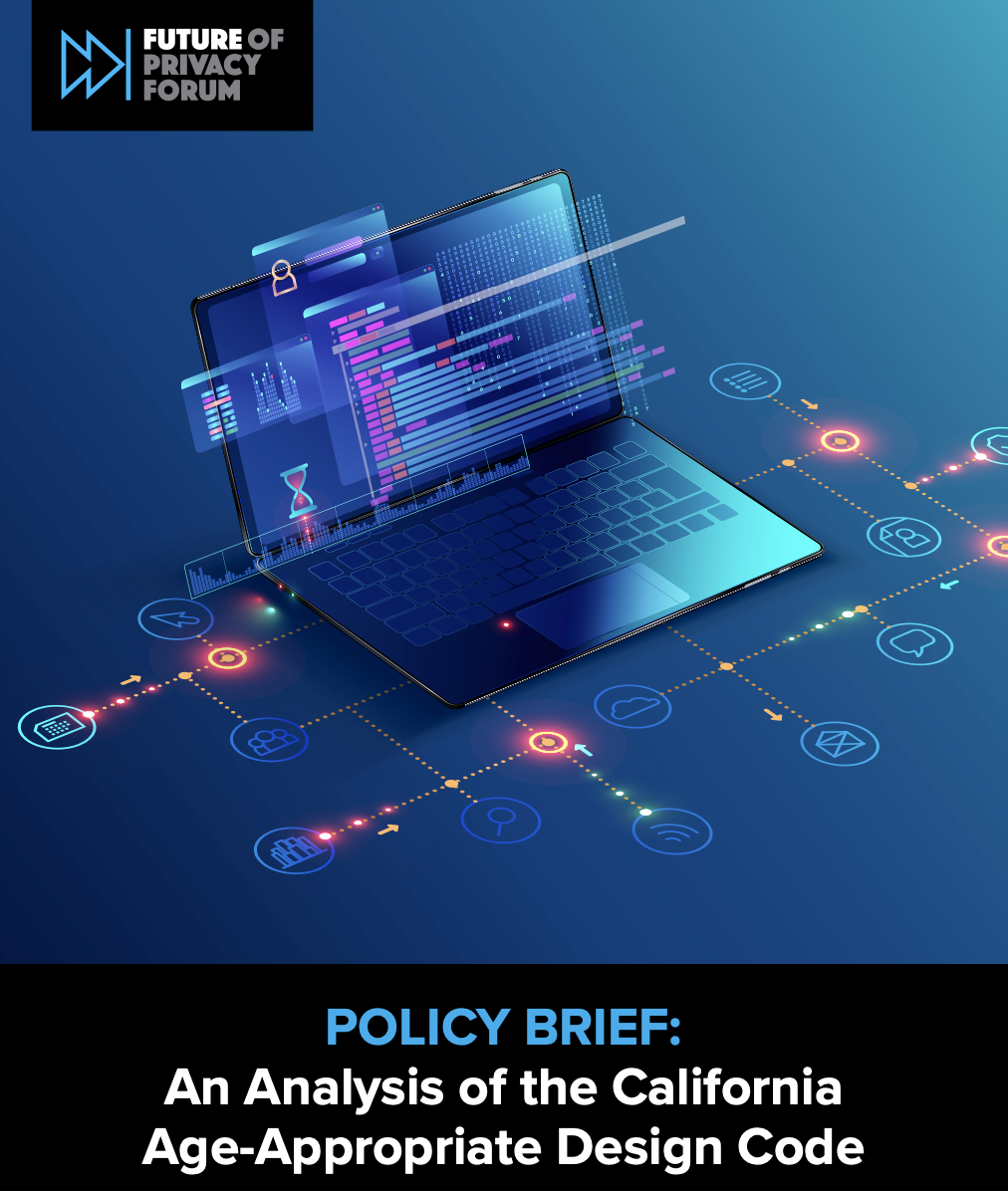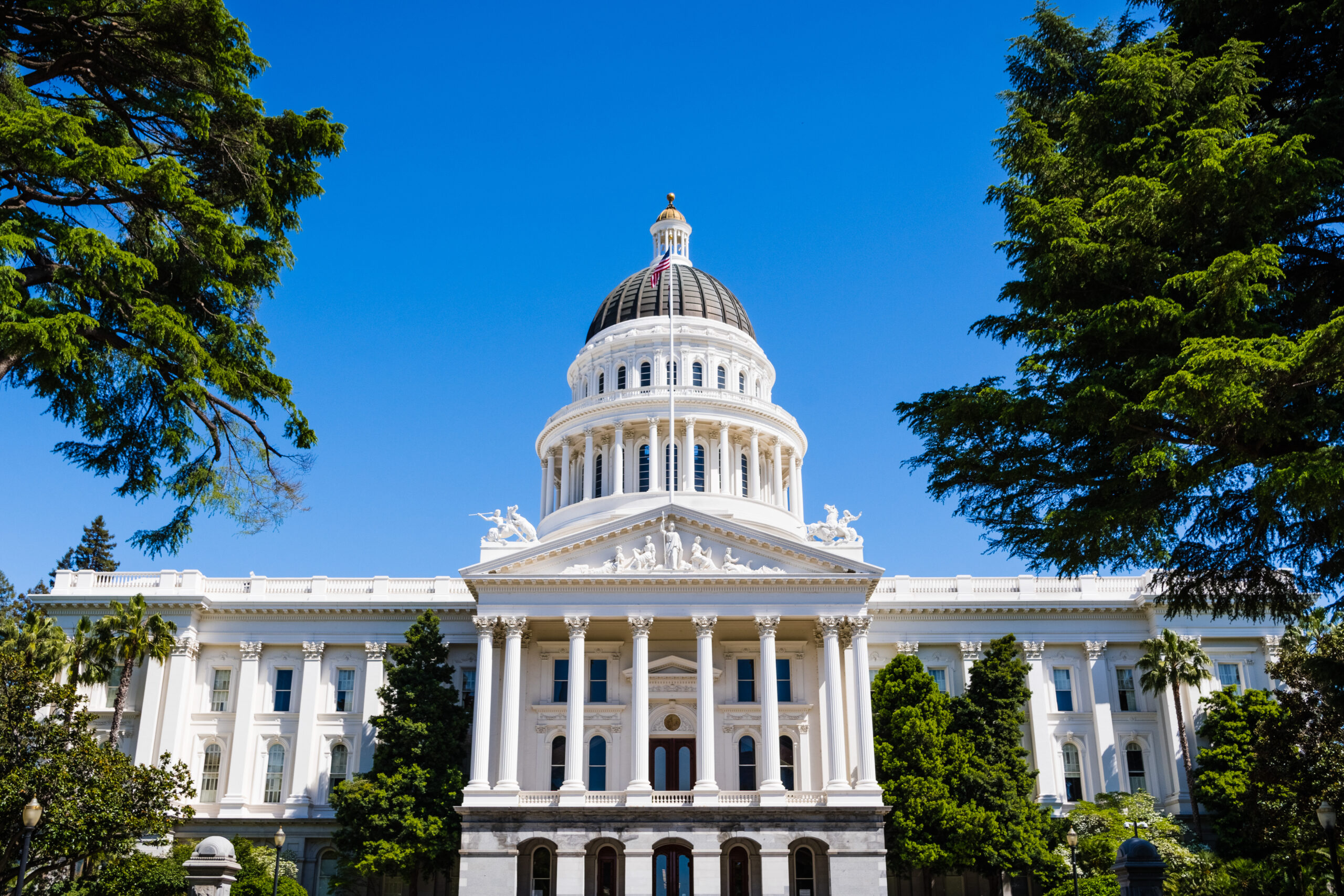Showing results for virg one bet promo code mlai

Meet David Sallay, FPF’s new Youth & Education Privacy Director
[…] its student privacy law, which created several new positions. It seemed like an exciting new area to work in, so I applied and got the job. What’s one thing that you wish more teachers understood about student privacy? I wish more teachers knew that student privacy doesn’t have to be a zero-sum game. We […]

Indonesia’s Personal Data Protection Bill: Overview, Key Takeaways, and Context
[…] authorities will need to clarify key provisions in subsequent regulations, the PDP Law creates a comprehensive foundation to govern data processing activities in Indonesia. As Indonesia is one of the largest countries in the world, the PDP Law will likely have an impact on data protection both in the regional context of the Asia-Pacific […]

FPF Releases Analysis of California’s New Age-Appropriate Design Code
[…] Education team is pleased to publish a new policy brief that builds on this first brief by providing a comparative analysis of the United Kingdom’s Age Appropriate Design Code (UK AADC) to the California AADC, which was modeled after the UK AADC. Learn more and download the UK and CA AADC Comparative policy brief here. New report […]

Judge declares Buenos Aires’ Fugitive Facial Recognition System Unconstitutional
[…] an important precedent for risks associated with privacy and intimacy in public spaces in the context of public surveillance for law enforcement purposes. Remarkably, this is also one of the very few known judicial decisions in the global privacy space that clearly looks at the rights to privacy, intimacy and data protection as rights […]

What Happened to the Risk-Based Approach to Data Transfers?
[…] TFEU12). Noteworthy is that the protection of data transfers is not among those listed as a fundamental right. The EU transfer rules are not considered to be one of the material processing principles, as the transfer rules are a mechanism to ensure that these material processing principles will be observed, rather than being a […]

The “Colorado Effect?” Status Check on Colorado’s Privacy Rulemaking
[…] which may establish de facto interpretations for privacy protections across the United States. With the passage of the Colorado Privacy Act (CPA) in 2021, Colorado, along with Virginia, Utah, and Connecticut, became part of an emerging group of states adopting privacy laws that share a similar framework and many core definitions with a legislative […]

FPF Participates in FTC Event on “Commercial Surveillance and Data Security” Proposed Rulemaking
[…] the Commission’s “unfairness authority” to reform business practices that result in data-driven discrimination and harmful secondary uses of personal information. The public forum included two expert panels, one on industry perspectives and one on consumer advocate perspectives regarding the consumer data issues implicated by the rulemaking. Furthermore, presentations from the Commissioners as well as […]

New Report on Limits of “Consent” in Japan’s Data Protection Law
[…] information about a person’s race, creed, social status, medical history, criminal record, having been a victim of a crime, disabilities, or health condition). Consent also functions as one of several legal bases under the APPI for transferring personal information out of Japan. In this context, consent is only valid if the PIHBO first provides […]

FPF Welcomes Senior Fellows Covering Data Protection in Latin America and Japan
[…] the Protection of Personal Information (APPI) is as vigorous as the GDPR in protecting individuals’ rights to person data. The APPI has established two sets of rules: one for the private sector, which stipulates obligations and penalties for the person information handling business operators, and another for the public sector, which stipulates obligations and […]

Age-Appropriate Design Code Passes California Legislature
Update: On Sep 15, 2022, California Governor Gavin Newsom signed AB 2273, the California Age-Appropriate Design Code Act. The law will apply to businesses that provide online services, products, or features likely to be accessed by children and broadly requires businesses to implement their strongest privacy settings by default for young users up to the age […]
